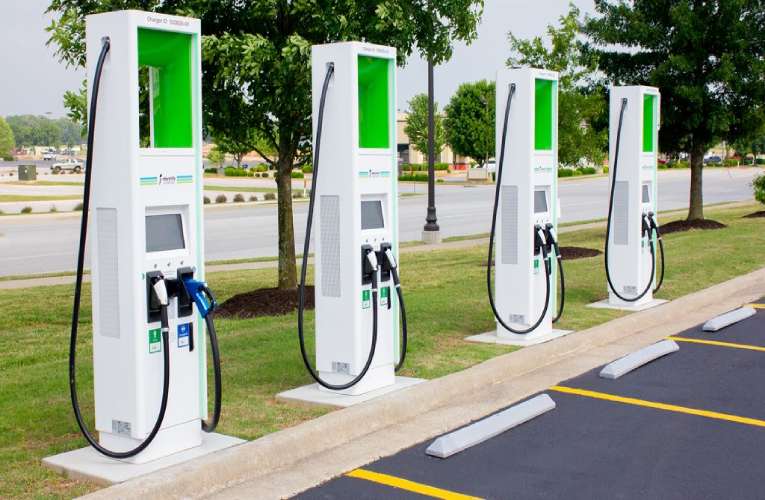
Experts also highlighted that due to various departments and uncleared policies, there are duplications and overlaps during testing, which needs to be well-organized
A number of battery manufacturers and EV firms have questioned the current rules on the battery safety and local value addition because they feel the little timeline could largely impact their short-term production as well. As per a report of the Economic Times, many of the battery and EV makers have been impacted by the current safety norms. Of late, the Ministry of Road Transport and Highways altered the AISI56 norms, which is a rigorous certification and testing procedure. The process is now followed to ensure an enhanced safety following the number of fire incidents in e-scooters this summer.
In an interaction with ET, Anand Kabra, managing director at Kabra, said “The new standards require a redesign of the battery packs, battery management systems, as well the development of new tooling for the aluminum casing and new capital equipment.” Experts also feel that there are impediments to huge volume approvals to appear in such a short period of time, and this when the OEMs have to stop their production, which is ultimately impacting sales."
The Automotive Research Association of India (ARAI) is the association that is equipped with the task of testing and certifying the vehicles before they are on the market. Back in November, EV manufacturers saw huge sales during the festive vibes. The current amendment of the government will be carried out in two phases- from December 1 and the second one from April 1. During the first phase, features such as spacing between cells, battery traceability and other requirements will be implemented. In fact, the Ministry of Heavy Industries along with the ASISI56 unleashed new-fangled testing guidelines in regards to the safety for grabbing the FAME-11 subsidy incentive in November.
Experts also highlighted that due to various departments and uncleared policies, there are duplications and overlaps during testing, which needs to be well-organized. An executive told ET, “It takes a month to certify the battery, a month to verify the vehicle, and three months to get the supply chain up and running. That is fine for one vehicle, but when there are dozens of vehicles then everything cannot be done in such a short period.”
There are a couple of companies that have requested the government to extend the deadline for the 1st phase. As per the report of the ET, there are a couple of battery and EV makers lobbying with the government so that they have more time to act in accordance with the second phase of AISI56 that entails sending out warnings when there is thermal heating, fixing additional sensors. The companies have added that they will be able to carry out the changes. The industry has been looking for an extension until March 31, 2023 to carry out the changes as per the requirements of AISI56 phase-2. And to complete the re-homologation of the battery packs they require time until August 31, 2023.

